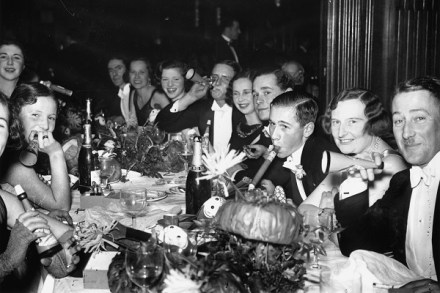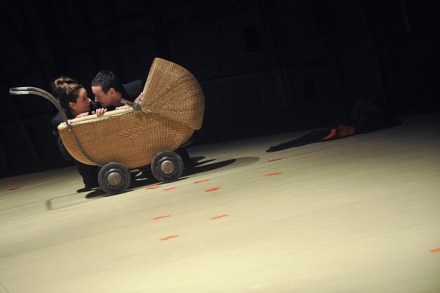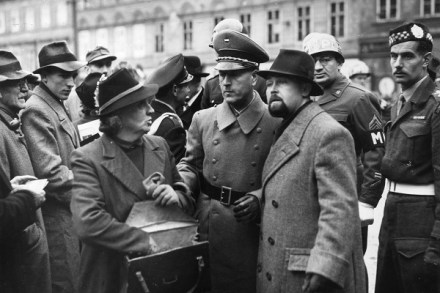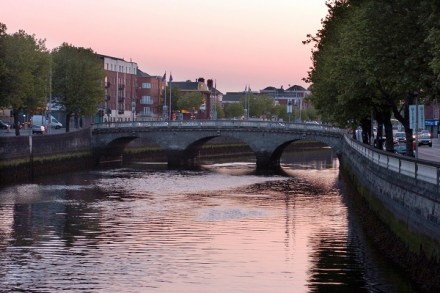Heat Lightning by Helen Hull – review
‘I had decided that I wished to write a novel about the immediate present – this was the summer of 1930 – and I had been speculating about the way people were acting and feeling,’ wrote Helen Hull of Heat Lightning in 1932. Heat Lightning follows the tumultuous Amy Norton as she returns temporarily to her family home, only to be subjected to all sorts of minor family dramas — illegitimate children, sudden deaths, hidden debts and destroyed wills (the usual problems). This book, beautifully reprinted by Persephone, is solid domestic fiction, but it replaces the acute social observation and deep psychological profundity available to the best of its genre
















